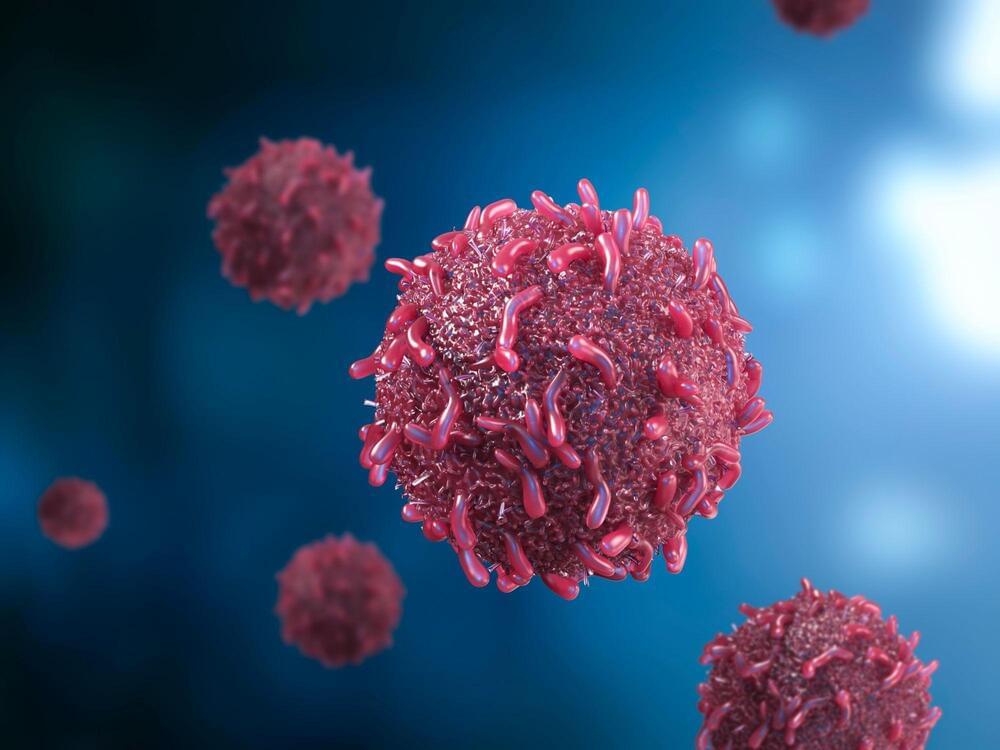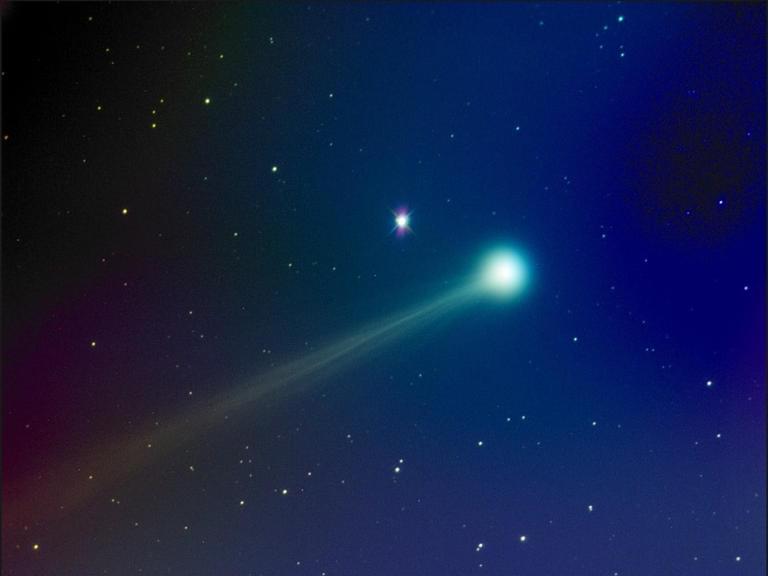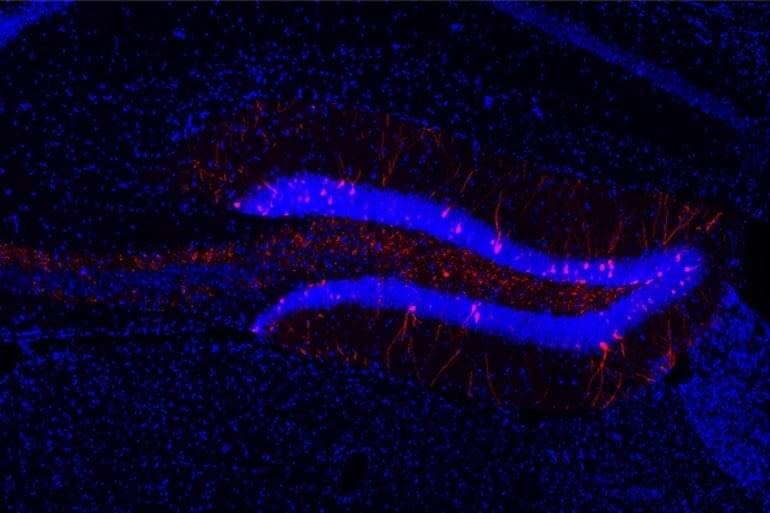About one-third of individuals suffering from depression are at risk for treatment resistance. Whereas inhaled 50% nitrous oxide has early antidepressant effects on individuals with treatment-resistant major depression (TRMD), adverse effects can occur at this concentration. In this phase 2 clinical trial, Nagele et al. studied the effects of a single 1-hour treatment with 25% nitrous oxide on depression symptoms in those with TRMD, finding that this lower concentration had comparable efficacy to 50% nitrous oxide over several weeks but was associated with significantly fewer adverse effects. These results highlight that lower concentrations of nitrous oxide may be a useful treatment for TRMD.
Twenty-five percent inhaled nitrous oxide improves symptoms of treatment-resistant major depression with fewer adverse effects than the 50% concentration.







